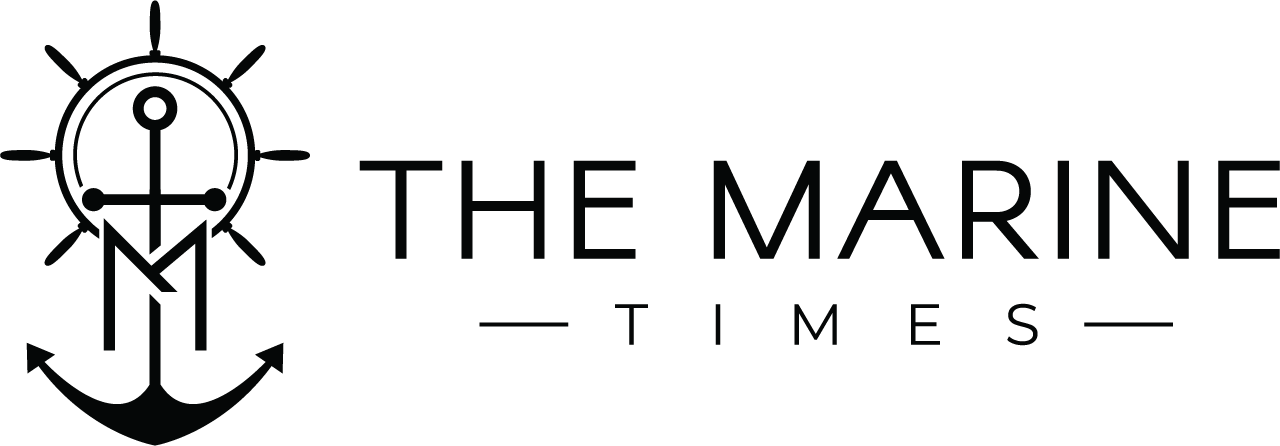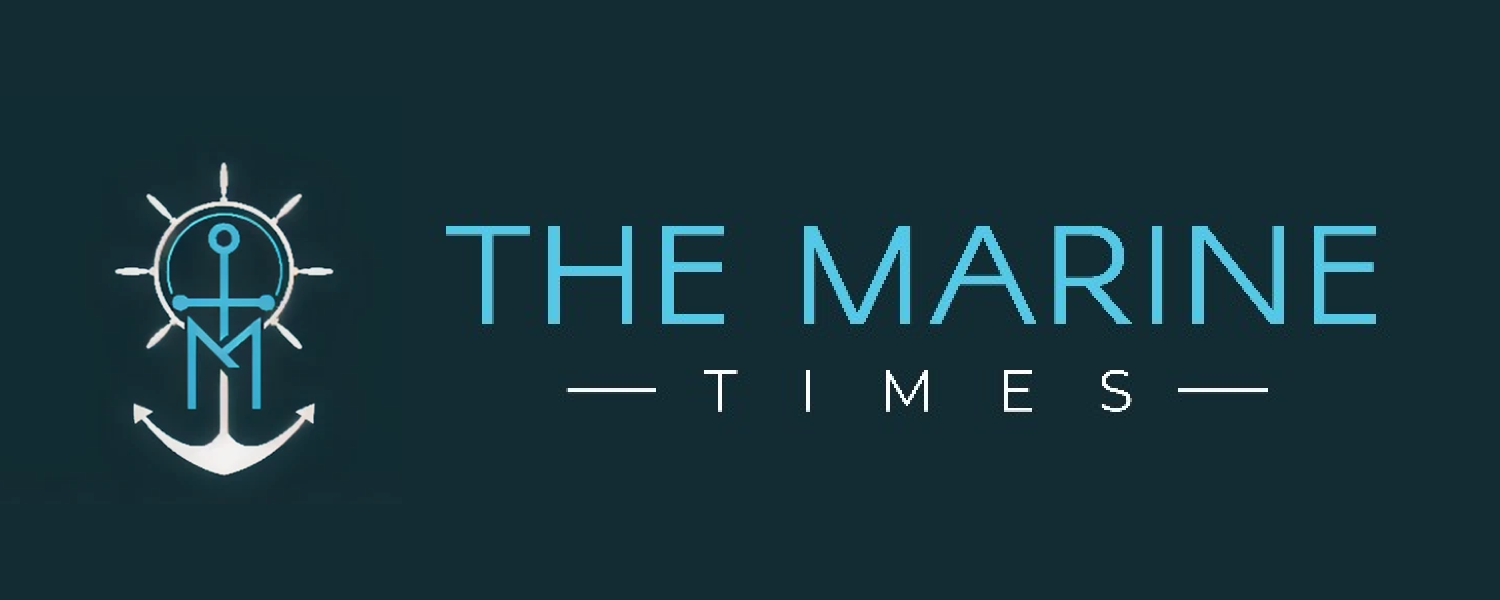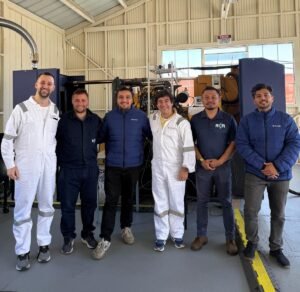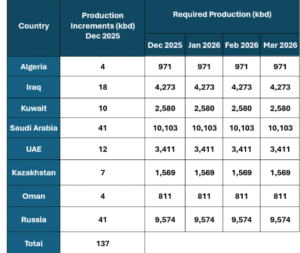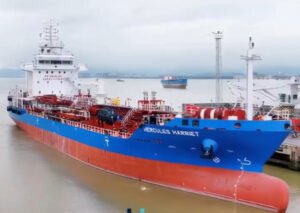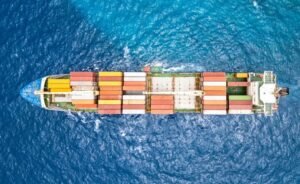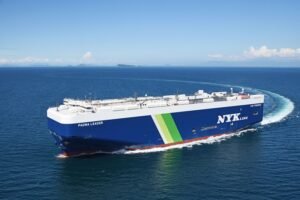SEA-LNG has said the shipping industry is making real progress in cutting GHG emissions from LNG as a marine fuel, with new technologies and cleaner supply chains helping reduce the sector’s overall footprint.
The gas coalition said well-to-wake emissions from LNG have dropped by about 25% over the past six years, while engine makers have nearly halved methane slip — the small amount of unburned methane released during combustion.
SEA-LNG expects further improvements before the end of the decade.
Peter Keller, Chairman of SEA-LNG, said: “The evidence is clear: LNG is delivering emissions reductions now and providing a practical pathway to net-zero through biomethane and e-methane. It is essential that future regulation builds on this momentum and recognises the proven benefits of the methane decarbonisation pathway.”
SEA-LNG Chief Operating Officer Steve Esau added that studies by Sphera and Rystad Energy show a steady decline in well-to-tank emissions from LNG, with more reductions expected as supply chains evolve and renewable methane fuels scale up.
The organisation’s update comes ahead of the next IMO meeting, where the net-zero framework agreed in April will be put to final vote.
The coalition said its recent Rystad research found LNG’s upstream emissions are already below the FuelEU Maritime default values, with an updated full lifecycle study due in 2026.
